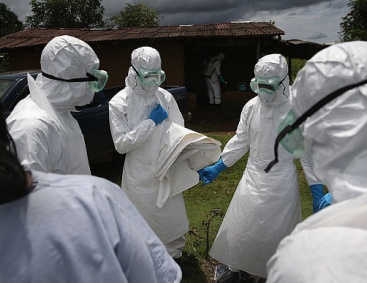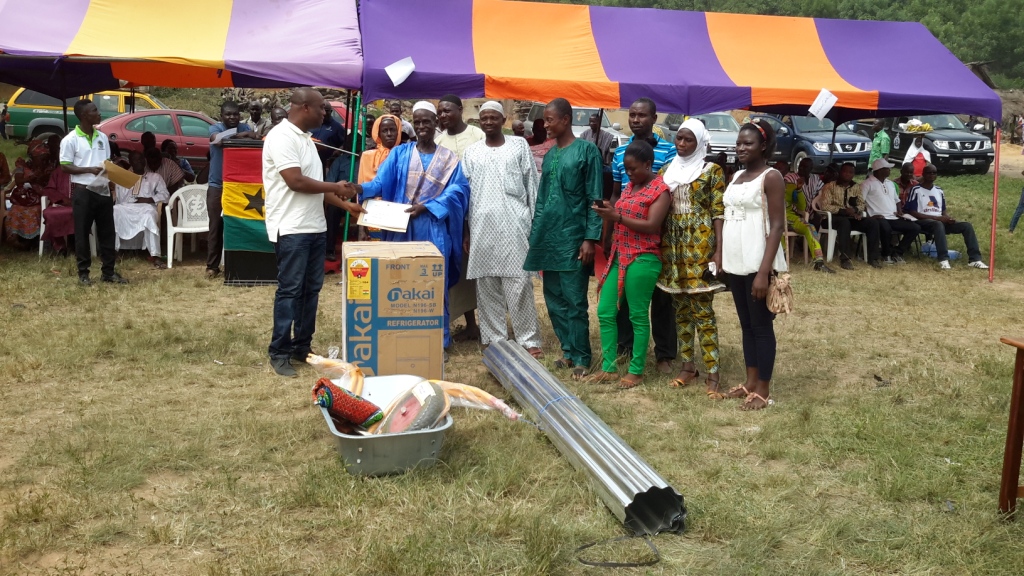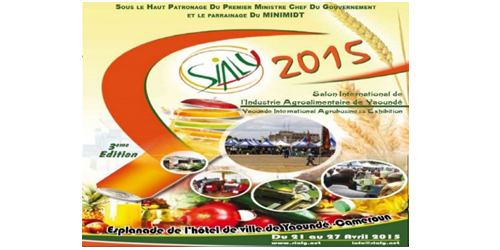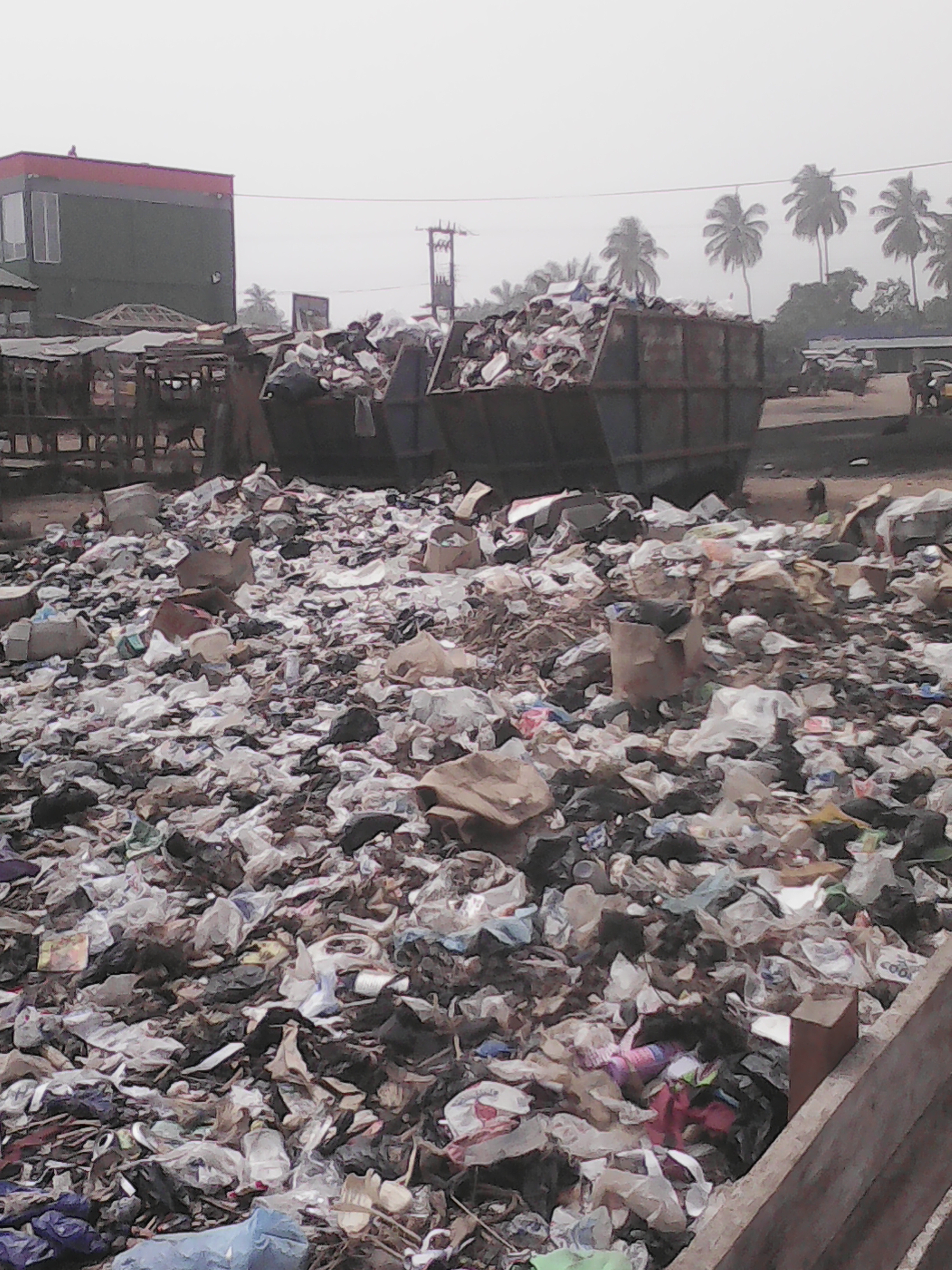Ebola hits farming and food security in West Africa

Damien Queally is from a farm in Inagh, Co Clare, but is currently based in West Africa heading up the Ebola response. He explains how the outbreak has impacted agriculture in the affected countries.
For the last six months, I’ve been heading up Plan Ireland’s response to the outbreak of the deadly Ebola virus in West Africa. I’ve spent much of this time travelling throughout the three worst-hit countries of Sierra Leone, Guinea and Liberia. I’ve seen at first hand the sheer devastation which this killer virus can leave.
Coming from a farming background, I’ve found it especially hard to witness the ravages which Ebola has inflicted on agriculture.
Agricultural output
Agricultural output has plummeted across the three countries due the current crisis. Ebola deaths and illness as well as mandatory quarantining have severely hit the number of people who can work in agriculture, meaning an absence of basic manpower to carry out fundamental tasks.
Ebola had placed huge restrictions on the movement of farmers and their produce. Apart from not being able to tend to their land due to quarantine constraints, neither can farmers travel to and from markets to sell their produce.
Many markets have been closed due to the fear of spreading Ebola. Those that remain open are empty due to traders and buyers being afraid to risk contracting Ebola or because the produce just isn’t available to sell.
Restrictions
As I said, many farmers couldn’t tend to their land or livestock due to quarantine restrictions. This is posing a huge food security risk for the local population. We will see in the next couple of months food supplies being used up with nothing new to add to the table.
Families will end up only having one meal a day, some may even have to go without eating every other day. Potentially we could see the number of people facing food insecurity in Guinea, Liberia and Sierra Leone top one million by March 2015.
As part of Plan Ireland’s response to Ebola, almost half a million tons of food have been distributed. This serves to help families facing such lack of food to have at least some respite. It complements the little already available at household level and takes some pressure off families, especially those struggling to feed their children.
Key to beating Ebola is rapid isolation of suspect cases, decontamination of affected areas and close monitoring of anyone who has been in contact with a sick or dead person. Information, of course, is also key – age and gender appropriate information. Plan Ireland has activities in all of the above areas and has almost 400 local staff working tirelessly across the three worst affected countries.
Malnutrition
This month, we will continue with our food distributions to the most vulnerable families to fight off malnutrition in children and to offer some aid to those struggling to find something to eat. We will also look to support farming families with cash subsidies so they can replenish some of their livestock and seeds and tools – items they had to sell off to make ends meet and to feed their families.
All these efforts will unquestionably help, but with deaths now exceeding 8,000 the gravity of the situation is enormous.
I have now returned to my West African base after a break during Christmas and am now preparing for visits to all three Ebola affected countries. I think this Christmas at home helping out on the sheep farm made me realize how difficult it must be for all those farmers in Guinea, Liberia and Sierra Leone who were forced to stand by and see their livelihood die.
Source: Irish Farmers Journal





